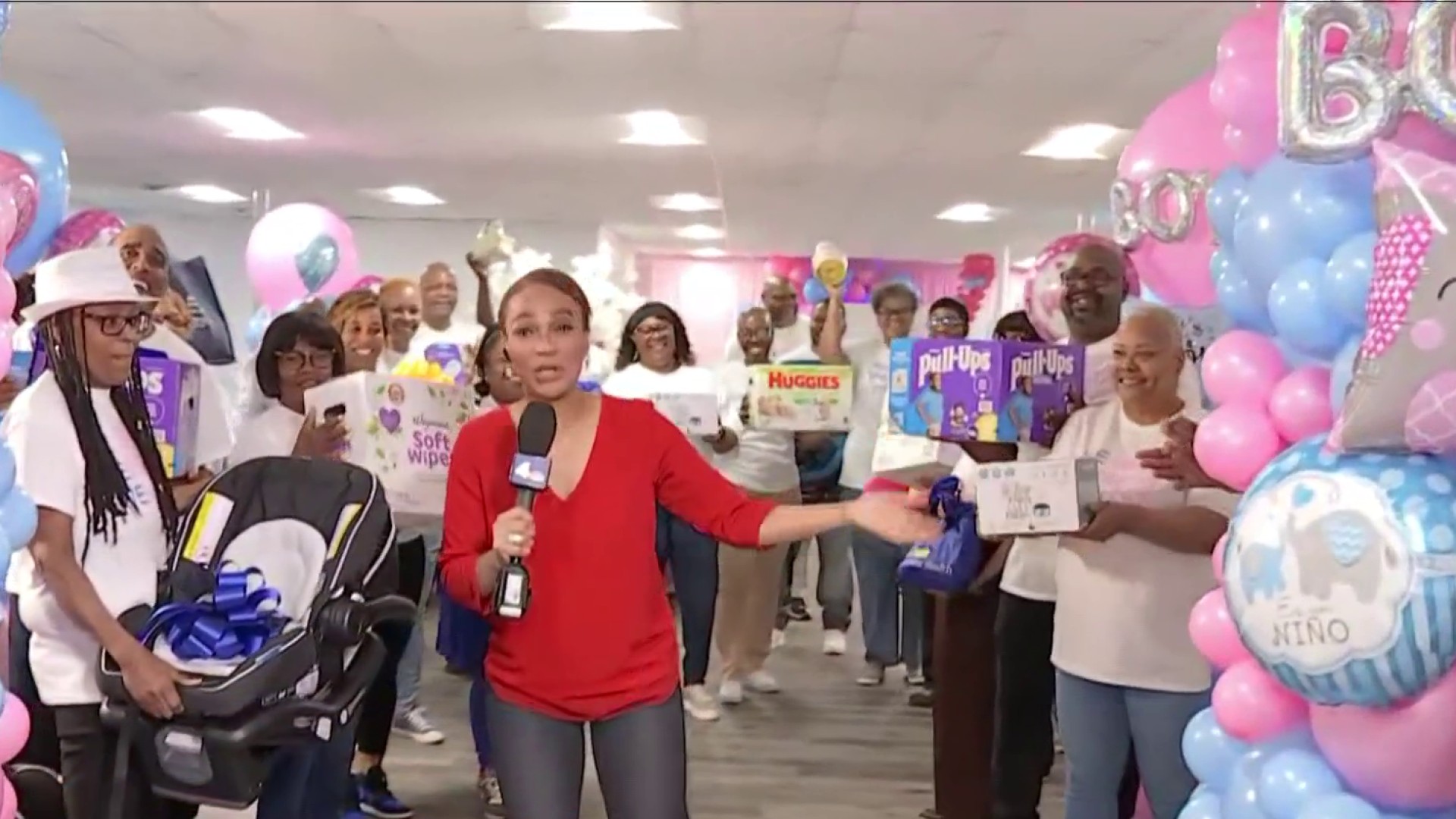One of six officers charged in the death of Freddie Gray. 25. testified Monday that Gray twice said yes when asked if he needed to go to the hospital, information he relayed to the driver of the police van in which the black man's neck was broken on the way to the police station.
But Officer William Porter suggested that he and his colleagues have learned to be skeptical about such requests for medical help, since many detainees try to avoid jail by feigning injuries.
"He said the magic words," Porter said. "If they go down to bookings and say they want to go to the hospital, they'll reject them."
Porter is a key witness in the trial of Officer Caesar Goodson, who is charged with second-degree murder, manslaughter and other charges. Goodson and Porter are also black.
Prosecutors said Goodson gave Gray a "rough ride" in the van after he and his fellow officers left him handcuffed and shackled while untethered by a seat belt.
Since Goodson is the only one of the six who has not made a statement to investigators, attorneys for both sides have had to depend on his co-defendants to describe much of what happened.
And Porter, who faces his own retrial in September after a mistrial in December, has softened his recollections in the months since Gray's death on April 19, 2015, a week after his spine was snapped in the back of Goodson's wagon.
Local
Washington, D.C., Maryland and Virginia local news, events and information
Prosecutors aggressively questioned Porter, comparing his testimony to the taped statement he made to investigators two days before Gray's death. Porter said then that Gray repeatedly asked for help, appeared "lethargic" and could be seen in the same position, leaning against the bench, toward the end of the 45-minute journey to the police station.
Porter testified Monday that Gray's request for "help" was merely to help him off the floor during the van's fourth stop. Porter said he did help him onto a bench, but said Gray could move his body and support his own weight. Porter also said Gray's position on arrival at the police station was "more exaggerated" than during the previous stop, where he said Gray said "yes" when Porter again asked if he wanted to go to a hospital.
Goodson made six stops total on the journey from Gray's arrest site outside a public housing complex in West Baltimore to the nearby Western District station, where Gray arrived unconscious.
Prosecutors said Goodson drove erratically with the intention of injuring Gray, and was negligent when he failed to take him to a hospital or call for medical attention.
Goodson's attorneys said he followed orders, drove carefully, was unaware that Gray was in medical distress, and didn't buckle Gray into a seat belt, because the prisoner was acting "violently and erratically" during the arrest.
Porter testified Monday that he responded to Goodson's call for backup during the van's fourth stop. He told the judge that when he arrived, Goodson opened the wagon doors, and Porter asked how Gray was doing, and if he wanted to go to a hospital. Gray said yes.
During cross-examination, Porter said Gray showed no signs of pain or injury, and relayed Gray's request to the driver only because he wouldn't be admitted to central booking if he complained about being in distress.
"You made a statement to Officer Goodson. Was it your purpose to convey Gray was in immediate need of medical care?" Goodson's attorney Matthew Fraling asked.
"No," Porter replied.
But Porter did acknowledge that the officers had an opportunity to buckle Gray into a seat belt and didn't take it, and that Gray was in Goodson's custody while in the back of the wagon. The wagon driver, he said, is responsible for the wellbeing of any prisoner in his care.



